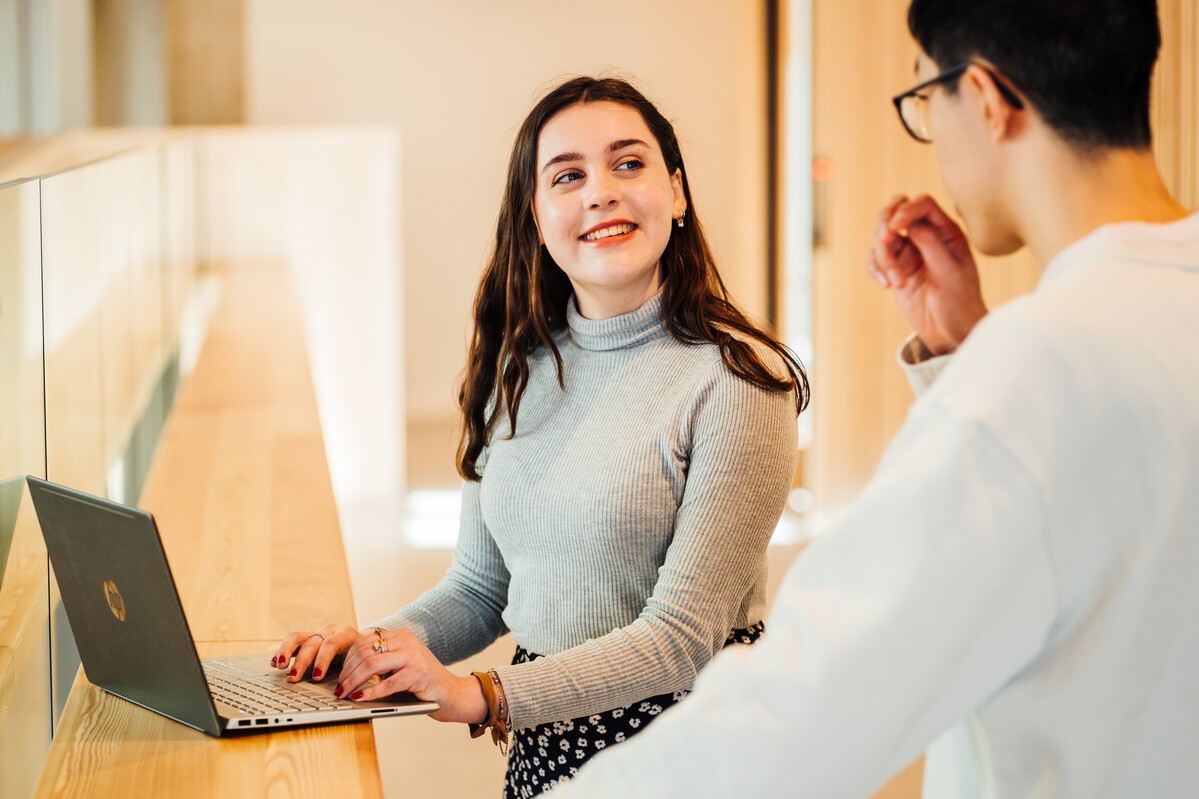PG Mentoring
PG Mentoring Scheme
The History department is introducing a mentoring scheme enabling MA students to receive informal mentoring from PhD students. This is designed to
· give informal support and advice
· share tips
· strengthen ties across the postgraduate community
· be a worthwhile experience on both sides.
Starting a new degree programme can be a challenging experience and it is sometimes useful to talk to someone who has been through it. Mentors are not there to solve every problem you have but they can be useful sources of informal support.
This is an excellent opportunity to improve your student experience at Warwick. The mentors are giving up their time to help you settle in and ensure that you make the most of all the opportunities on offer in the History department and in the wider University. The more you can engage with them, the more you will gain from your mentor.
If you are interested in becoming either a mentor or a mentee, please contact pghistoryoffice@warwick.ac.uk.
To help us find an appropriate mentor/mentee, please let us know your course, broad research interests and what you'd like to do after your MA.

Advice for Mentors
- A mentorship is an informal, supportive role not a substitute for a supervisor or personal tutor and students should be referred back to the latter if in case of doubt, unless a mentee specifically requests information to be kept confidential. You are not expected to solve every problem a mentee might have!
- There is no formal requirement to meet any particular number of times but these should be scheduled at mutually convenient moments. A termly meeting might be useful and could be in-person or online, or indeed a mixture of these.
- Mentors should not feel obliged to disclose anything about their own lives and careers about which they might feel uncomfortable.
- Don't be upset if mentees do not fully engage with you - people's needs will vary considerably.
- It is probably best only to share email addresses rather than telephone numbers with your mentees, though this is up to you, and you may also want to have an initial 'mentoring agreement conversation' to set out parameters and boundaries so that you are both comfortable with how the interaction will work.
- Issues you might want to discuss include (but are not limited to): life as a PhD student at Warwick, in all its different forms; encouraging students to take advantage of opportunities; issues and information raised in the handbook; tips and insights into the PhD application and funding application process.
Advice for Mentees
- Mentors are not there to solve every problem you have (you should talk to module convenors, your personal tutor, the Director of MA Studies, Wellbeing Services for appropriate advice and also look in the handbook).
- Their role is primarily to give a ‘user’s view’ of negotiating a Masters course and, should you wish to pursue your studies further, to give tips about the next stage. Please note, your mentor may not have specific knowledge or experience of the Warwick History Masters course.
- Set up an initial meeting at which you discuss your hopes for the interaction and what boundaries you both may have.
- There is no formal requirement to meet any particular number of times but these should be scheduled at mutually convenient moments. A termly meeting might be useful and could be in-person or online, or indeed a mixture of these.
- It is probably best only to share email addresses rather than telephone numbers, though that is up to you.
- Issues you may want to discuss with them include: finding your way around (literally and metaphorically!) if you are new to the University; how to become fully engaged with PG life at Warwick; ask who to contact if you are unsure; what tips they might have about studying as a Masters student; what it is like being a PhD student; what tips they might have about life beyond the MA.
- If you have a question, don’t be afraid to ask!
- Don't be upset if mentors do not always fully engage with you - people's needs will vary considerably.
